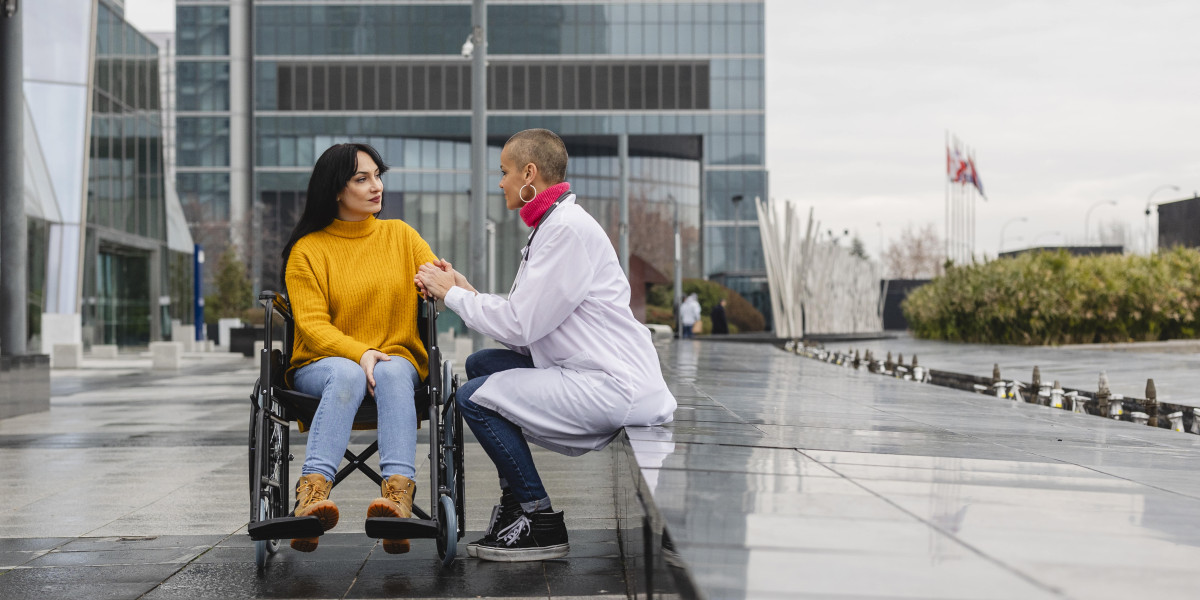Undergoing a Facelift in Islamabad is an effective way to restore youthful contours and rejuvenate your appearance. However, like any surgical procedure, a facelift can result in swelling and bruising during the initial recovery phase. While these effects are natural and temporary, they can be distressing if not managed properly.
This comprehensive guide will help you understand why swelling and bruising occur after a facelift and share practical tips to minimize these effects, so your healing process is as comfortable and quick as possible.
Why Do Swelling and Bruising Occur After a Facelift?
A facelift involves lifting and repositioning facial tissues, which inevitably causes trauma to blood vessels and soft tissues. This trauma triggers the body’s inflammatory response, leading to fluid accumulation (swelling) and blood leakage under the skin (bruising).
The extent of swelling and bruising depends on various factors such as the surgical technique, the individual’s skin type, age, and how well post-operative care instructions are followed. Understanding this process can help you better prepare for recovery and take steps to reduce discomfort and visible side effects.
Immediate Post-Operative Care to Reduce Swelling and Bruising
The first 48 to 72 hours following your facelift surgery are critical for managing swelling and bruising. Here are some important strategies:
1. Apply Cold Compresses
Cold compresses or ice packs help constrict blood vessels, which reduces blood flow to the affected areas and minimizes swelling and bruising. Apply cold compresses gently for 15-20 minutes every hour during the first day, avoiding direct contact with the skin to prevent frostbite.
2. Keep Your Head Elevated
Keeping your head elevated, even while sleeping, helps promote fluid drainage and prevents excessive swelling. Use extra pillows or a recliner chair to maintain a 30-45 degree angle. Avoid lying flat, as this can increase facial puffiness.
3. Take Prescribed Medications
Your surgeon may prescribe anti-inflammatory medications or pain relievers to control inflammation and discomfort. Always follow their instructions carefully. Avoid over-the-counter medications like aspirin or ibuprofen unless approved by your surgeon, as these can increase bleeding risk.
Lifestyle Tips to Minimize Swelling and Bruising
Beyond immediate care, your daily habits during recovery significantly influence the degree of swelling and bruising.
1. Stay Hydrated
Drinking plenty of water flushes toxins from your body and helps reduce inflammation. Aim for at least 8-10 glasses of water daily to support healing.
2. Eat an Anti-Inflammatory Diet
Focus on nutrient-rich foods that promote healing and reduce inflammation, such as:
Fresh fruits and vegetables rich in antioxidants (berries, leafy greens, citrus fruits)
Foods high in omega-3 fatty acids (salmon, flaxseeds, walnuts)
Lean proteins (chicken, turkey, legumes)
Avoid excessive salt intake, which can worsen swelling by causing water retention.
3. Avoid Smoking and Alcohol
Smoking restricts blood flow and delays healing, while alcohol thins the blood and increases bruising risk. It is best to avoid both for at least several weeks after surgery.
Gentle Movement and Rest
While rest is essential for healing, prolonged inactivity can worsen swelling due to poor circulation.
Take short, gentle walks daily to promote blood flow.
Avoid strenuous exercise, heavy lifting, and bending over for at least two to three weeks post-surgery.
Follow your surgeon’s advice on when it is safe to resume physical activities.
Skin Care and Protection
Caring for your skin properly during recovery helps reduce irritation and supports tissue repair.
1. Keep Incision Sites Clean
Follow your surgeon’s instructions for cleaning and dressing your incisions to prevent infection, which can increase swelling.
2. Use Gentle Skincare Products
Avoid harsh scrubs or chemicals on your face during recovery. Use mild cleansers and moisturizers recommended by your surgeon.
3. Protect from Sun Exposure
Sunlight can worsen bruising and cause hyperpigmentation on healing skin. Wear a wide-brimmed hat and apply broad-spectrum sunscreen with SPF 30 or higher when outdoors.
When to Seek Medical Advice
While mild swelling and bruising are expected, certain symptoms require immediate medical attention:
Excessive or worsening swelling beyond two weeks
Severe pain not relieved by medication
Signs of infection such as redness, warmth, pus, or fever
Unusual bleeding or sudden bruising in new areas
Always communicate with your surgeon if you have concerns during your recovery.
The Role of Your Surgeon and Follow-Up Care
Choosing an experienced surgeon who understands facial anatomy and employs meticulous techniques can greatly reduce post-operative swelling and bruising. Additionally, consistent follow-up appointments allow your surgeon to monitor your healing, address complications early, and offer personalized advice for optimal recovery.
Conclusion
Managing swelling and bruising after a facelift is essential to ensure a smooth and comfortable recovery, helping you enjoy your rejuvenated appearance sooner. By following careful post-operative care, maintaining a healthy lifestyle, and adhering to your surgeon’s instructions, you can significantly reduce these temporary side effects.
For those considering a Facelift in Islamabad, trust the expert team at Dynamic Clinic. With years of experience and a patient-centered approach, Dynamic Clinic offers advanced facelift procedures combined with comprehensive aftercare support. Their commitment to excellence helps minimize swelling and bruising while maximizing your satisfaction and safety throughout your recovery journey.







